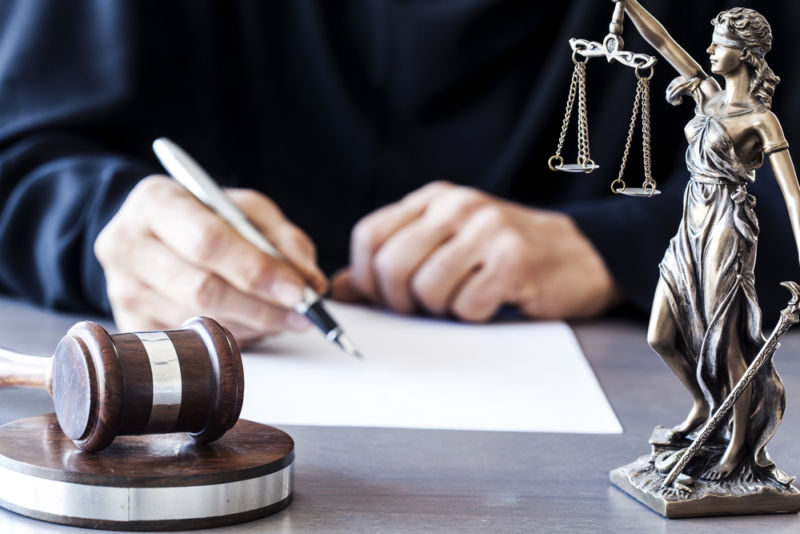Bellwether trials are a routine part of mass torts, primarily multidistrict litigation. These trials allow both the plaintiffs and the defendants to test how their cases hold up in court. They also offer an idea about how similar cases might go, allowing the parties to reconsider a settlement in pending cases.
The court, in conjunction with the litigants, chooses the cases heard in the bellwether trials from the larger group of cases. These cases proceed to court in the same jurisdiction as the multidistrict litigation, and the judge hears them before any others. This allows them to serve as an example of the possible outcome of the remaining suits when those cases go before the judge in their original jurisdictions.
When Do Courts Use Bellwether Trials?
When many (i.e., dozens, hundreds, or thousands) people suffer injuries in the same way, courts can consolidate them into multidistrict litigation (MDL). This allows them to continue through the discovery process and pretrial proceedings as a single case, saving time and money for everyone involved. Not all cases qualify as MDLs, but courts often use them in defective product and dangerous drug cases. Courts consolidate many claims against medical device and prescription medication manufacturers, in particular.
For example, imagine you suffered complications from a new blood pressure drug. The drug manufacturer discovered the possibility in a study, but failed to admit the risk of this side effect. You did not receive any warning about the risk. Hundreds of others experienced the same issue because of the medication, and you have all filed suit against the pharmaceutical company. The courts are likely to consolidate your cases into an MDL, and select a handful of the cases for the bellwether trials.
What Is the Purpose of Bellwether Trials?
Because of the sheer number of separate lawsuits involved, handling each case individually instead of as a mass tort would be almost impossible. Before MDLs, this type of case could tie up courts for years. Multidistrict litigation speeds the process, allowing all parties involved to work more efficiently.
Courts choose bellwether cases based on the facts of the case, which must be similar to a group of other cases. For example, if side effects from the drug caused some of those affected to die, one of the bellwether cases would likely include a victim who passed away because of the complications alleged.
While the outcome of bellwether trials does not directly affect the outcome of the other cases, they do offer everyone involved a good idea of how these cases might go in court.
If the judge in a bellwether case awards a large payout for the plaintiff, the defendant will be more likely to settle with other plaintiffs than face thousands of verdicts against it. If the judge in a bellwether case sides with the defense, many plaintiffs may drop their case instead of continuing with their own trials in their local jurisdiction.
How Do Courts Select Bellwether Cases?
Bellwether cases need to fit certain qualifications to accurately represent the other cases in the MDL. They need to be very similar to the other cases, and have the same general facts. If they are too different from the other cases in the MDL, they will not serve as an accurate representation of the rest of the group.
Imagine your case includes an unusual complication that caused you to spend additional time in the hospital and require ongoing medical care once you returned home. Because most people who filed a lawsuit against the drug company did not suffer this complication, you are unlikely to serve as a bellwether case.
The process of selecting bellwether cases is a collaborative effort between the plaintiffs, defense, and the courts, with the judge overseeing the case having the ultimate choice which cases she will hear. Usually, the legal team representing the plaintiffs creates a list of cases it believes fits the bill. The defendant’s legal team does the same. Then, the judge looks at this list and selects two to four cases to serve as bellwethers.
Talk to an Attorney About Your Case Today
If you believe you have a case based on ongoing multidistrict litigation, or if you suffered injuries similar to many others, the legal team from Gacovino, Lake & Associates, P.C. can help.
Call our office today at 631-600-0000 to schedule a complimentary consultation with one of our knowledgeable lawyers. We can help you file your case, or explain how the outcome of a specific bellwether trial might affect your claim.
